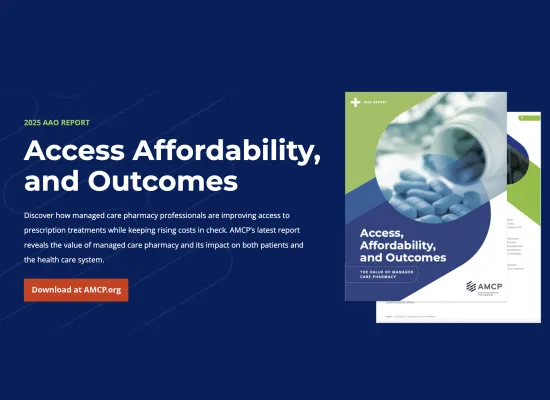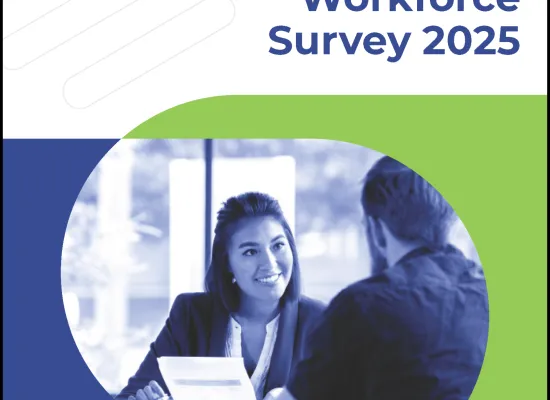
AMCP Releases Findings of Survey on Medicare Part D MTM’s Standardized Format (SF)
Alexandria, Va., March 1, 2019 — According to a newly released survey from the Academy of Managed Care Pharmacy (AMCP), nearly 63 percent of Medicare beneficiaries say they would recommend medication therapy management (MTM) services provided under the Part D prescription drug program to friends and relatives.
But fewer than half rated the Standardized Format (SF), through which the Part D MTM summaries are delivered, as very good or excellent in helping them to manage their medications.
Those are among the findings of AMCP’s ground-breaking survey that provided the most comprehensive examination to date of beneficiaries’ perceptions of the SF, which is a written summary of a comprehensive medication review that must be provided to Medicare Part D beneficiaries. The survey, published in the Journal of Managed Care and Specialty Pharmacy, was conducted in partnership with the Lamy Center on Drug Therapy and Aging at the University of Maryland School of Pharmacy.
The SF has been criticized by providers and Part D plans in part because of its inability to integrate with electronic medical records and lack of portability. But to date, there has been limited evidence on which aspects of the SF are valuable to Medicare beneficiaries and how the SF could be improved.
According to the survey, no consensus exists on what the SF layout should look like, but respondents did agree that it should include consistent domains that can be integrated into an electronic health record. In addition, respondents said the information should then be adaptable into different formats, such as a wallet card, to meet the needs of beneficiaries or caregivers.
AMCP presented the results late last year to the Centers for Medicare and Medicaid Services (CMS).
“AMCP was delighted to provide CMS with detailed insights into how this particular Part D MTM requirement is being perceived in the real world,” says AMCP CEO Susan A. Cantrell, RPh, CAE. “The Academy was instrumental in designing the original Medicare Part D MTM program, and our roughly 8,000 members have been providing MTM-type services for decades. AMCP strongly supports the value of MTM, and we trust our survey on the standardized format will help CMS improve the system for all patients.”
Key Findings of Survey
-
Overall: Beneficiaries’ rating of the utility of the SF to improve medication management aspects are split with 40-44% with very good to excellent and 44-48% noting poor to good ratings. Nearly 63% of the participants reported that they would recommend the MTM service to their friends or relatives if they needed help with their medications.
-
Cover Letter: Majority (54.6%) responded that they found the cover letter helpful yet 39.8% did not report any preferences on changes or format.
-
Medication Action Plan (MAP): Between 47.3 - 51.5% found the MAP and the sections “What we talked about” and “What I need to do” helpful. (Figure 3) Yet it is important to note that 49.2% of the participants said that they did not complete any sections of the MAP.
-
Personal Medication List (PML): Garnered more utility with 44.5% of the participants reporting that they update their PML while 14.3% reported that they do not. The participants identified the most useful sections of the PML as Medication name; strength; dosage form; “how and why I use the medication.”
-
Integration and Delivery: Over half (54.8%) of participants favored integration of the medication summary into their health records and 43.1% indicated that an electronic copy of the summary would be helpful.
The survey queried beneficiaries on a range of factors, including their awareness of the SF; overall value of the SF; content/usability of the SF; delivery method for the SF; and portability of the SF. The survey questions were based on responses to focus group interviews conducted by AMCP and members of its MTM Advisory Group. The survey can be viewed at http://bit.ly/2NCrxWK.
Featured News & Resources
See Full CalendarAMCP Southwest Day of Education
Award Applications Open
Upcoming Events
AMCP offers a wide variety of educational opportunities, from events and webinars to online training.







